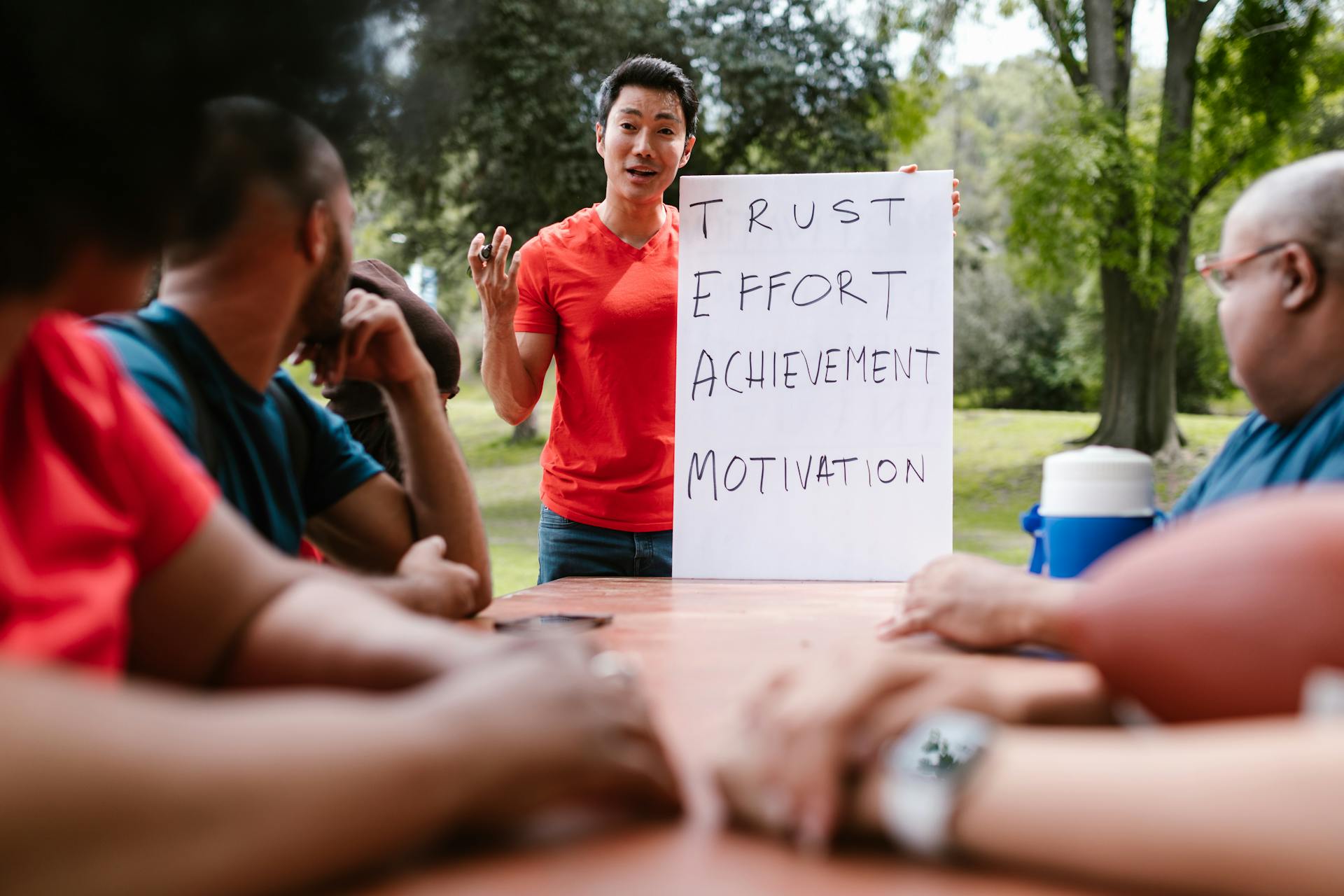Leaders are very important in the success of a team or a company. Inspiring leaders will energize their teams and create an atmosphere in which each person is appreciated and supported to give his or her best. They build trust and cooperation by establishing objectives, openly communicating, and serving as examples for others. They recognize that every team member has unique strengths and perspectives, which are imperative for achieving common goals. Now, let us check on inspiring leadership issues as they guide teams into success, beginning with how effective communication is key, empathy and vision fitting well into this discussion. During this exploration, we shall begin to understand certain qualities that make some leaders truly impactful in the present dynamic workplace.
The Power of Active Listening in Leadership
Active listening is important to motivating leaders because it shows respect for employees and their ideas. When Leaders really hear people speak, they create a forum that encourages dialogue and enhances collaboration. This makes team members feel valued, which increases their innovation and engagement. Additionally, active listening helps leaders to identify the strengths and weaknesses within their teams.
Consequently, they are able to offer assistance or guidance on those aspects according to needs. This way, leaders can solve problems by addressing concerns, dispelling misunderstandings, and deepening relationships. More than anything else, through active listening, the community grows with many views, solving issues together and, hence, effective communication.
Building Trust Through Transparency and Honesty
Effective leadership is built upon trust, which can be created through transparency and honesty. Leaders who openly communicate their decisions about what happens in the organization’s system invite their team into the organizational journey, fostering feelings of ownership. By sharing successes and failures, leaders demonstrate authenticity; they are real people to whom others can relate.
This openness promotes trust, as individuals feel informed about things that happen around them and feel held in high regard by other members of the group. A lack of transparency leads to misunderstandings, ineffective communication, and mistrust between the parties involved.Therefore, openness and clarity help leaders gain confidence from the team members.
Encouraging Innovation and Creative Problem-Solving
Inspiring leaders recognize the significance of creating an environment where innovation thrives along with creative problem-solving. For example, they encourage thinking outside the box among members of staff thus promoting a culture of experimentation as well as learning.They could involve brainstorming sessions or giving time for individual staff members to follow what they love.
Additionally such have always been useful tools when thinking creatively rather than sticking together like glue. When people can easily express their thoughts without any fear, they may take a gamble and be able to achieve huge strides. Finally, encouraging innovation propels growth and enables the team members to gain autonomy and develop their talents.
Celebrating Team Achievements and Milestones
A team cannot function properly if it does not maintain morale by celebrating its achievements and milestones. Acknowledging individual or collective triumphs fosters a sense of achievement and unity among members of the same group. Leadership can make small gestures like praising during meetings or structured events, such as holding team lunches or giving out awards, that indicate recognition for the effort put into the success of others.
This single act has numerous effects on motivation because when leaders take time to appreciate work, they are showing gratitude towards their teams’ efforts, resulting in motivational reinforcement. Commemorating milestones also strengthens shared identity within a group, thus attaching all group members to something bigger than themselves. The practice, therefore, enhances team spirit and promotes ongoing commitment toward future goals.
Developing Future Leaders Within the Team
One main role of an inspiring leader is to identify and nurture innate future leaders in his / her team. Leaders can aid their team members in growing their abilities so that they can lead over time by providing training, advice, and opportunities for career growth.
In addition, this may involve identifying personal strengths and goals, making development plans based on them, and encouraging one another to take new opportunities. Furthermore, creating a learning organization culture encourages people to source more knowledge, improve their skills, and gain self-trust. All in all, developing future leaders within the company strengthens the team, hence ensuring its sustainability.
The Role of Feedback in Growth and Learning
Feedback is instrumental in enhancing team growth and learning; good leaders ensure that it is part of their leadership philosophy. Leaders should regularly provide their teams with constructive feedback, which helps them know areas where they need improvement and where they are outstanding. This promotes openness among employees and ensures a free flow of suggestions.
Moreover, managers should seek feedback from subordinates on enhancing leadership qualities by understanding their point of view. Such two-way communication creates an environment for continual improvement and creativity. Ultimately, viewing feedback as an opportunity creates a chain reaction leading to growth both at the individual level and the overall organizational level.
Creating a Positive and Inclusive Work Culture
One must establish a positive work environment supporting all employees since it encourages leaders to promote teamwork success. This involves creating an atmosphere that upholds diversity such that every employee feels welcome so that they become productive.
Leaders can foster inclusivity by encouraging open dialogue, actively seeking input from all members, and acknowledging their unique contributions. Organizational leaders who set up clear values plus policies that nurture respect combined with fairness help in guiding teams toward collaborative support-based cultures.
Moreover, uncovering personal prejudices builds trust among contributors, enhancing optimal productivity levels across the board. A strong sense of belonging develops within the group at work, resulting in better job satisfaction and making them perform at high levels.
FAQs
What qualities define an inspiring leader?
Good leaders have vision and empathy and are good at communicating. They let the people working with them feel free to be innovative and give room for creativity. These leaders must set clear goals and motivate their teams to achieve them. This includes leading by example through actions that display honesty and dedication.
How does feedback enhance team performance?
Valid feedback enhances group efficiency because it helps identify individual and team-based strengths and shortcomings. Consistent constructive feedback ensures that the team appreciates areas they need to work on while celebrating achievements made. For the organization to realize a trust culture, open communication is required, which leads to nurturing collaborative relationships that create an environment of support for employee career development.
How can a leader effectively support their team during times of change?
To support their team during change, leaders need to communicate clearly and transparently about the reasons for the transition. Involving team members in the change process fosters a sense of ownership and engagement. Leaders must also provide resources and support to help the team adapt to the new circumstances.
Conclusion
Team empowerment for competence building and creating learning cultures enables leaders to develop a flexible workforce. On top of that, routine constructive criticism enhances team outputs as variety improves imaginative thinking and the resolution of problems. Effective communication and support are necessary during these tough times to maintain high morale and engagement levels within the organization.

Image Source: pexels.com










